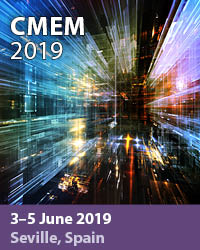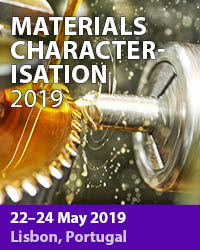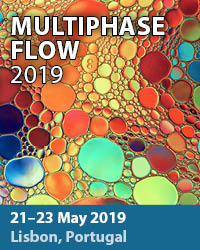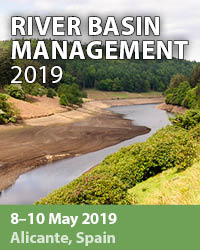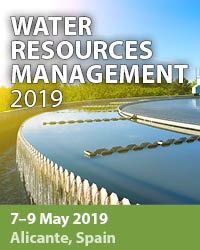Introduction
CMEM 2019 is the 19th International Conference in this well-established series on Computational Methods and Experimental Measurements. These successful meetings provide a unique forum for the review of the latest work on the interaction between computational methods and experiments.This series of conferences started in Washington DC (1981) followed by a meeting on board the Queen Elizabeth II Ocean Liner (1984); Porto Carras, Greece (1986); Capri (1988); Montreal (1991); Siena (1993); Capri (1995); Rhodes (1997); Sorrento (1999); Alicante (2001); Sani Beach, Greece (2003); Malta (2005); Prague (2007); the Algarve (2009), the New Forest, home of the Wessex Institute, UK (2011), A Coruña, Spain (2013), Opatija, Croatia (2015) and Alicante, Spain (2017).
The principal objective of the conference has always been to provide to the international technical and scientific community, an opportunity to discuss the interaction between experimental measurements and computational methods with all associated topics. Foremost consideration and importance are devoted to their reciprocal and advantageous integration.
The continuous improvement in computer efficiency, coupled with diminishing costs and the rapid development of numerical procedures have generated an ever-increasing expansion of computational simulations that permeate all fields of science and technology. As these procedures continue to grow in magnitude and complexity, it is essential to validate their results to be certain of their reliability. This can be achieved by performing dedicated and accurate experiments, which have undergone a constant and enormous development. At the same time, current experimental techniques have become more complex and sophisticated so that they require the intensive use of computers, both for running experiments as well as acquiring and processing the resulting data.
The conference aims to address a wide variety of topics related to experimental and computational methods with emphasis on new applications and the latest developments.
Conference Topics
The following list covers some of the topics to be presented at CMEM 2019. Papers on other subjects related to the objectives of the conference are also welcome.- Computational and experimental methods
- Fluid flow
- Structural and stress analysis
- Materials characterization
- Electromagnetic problems
- Structural integrity
- Destructive and non-destructive testing
- Heat transfer and thermal processes
- Advances in computational methods
- Automotive applications
- Aerospace applications
- Other applications in industry
- Ocean engineering and marine structures
- Fluid structure interaction
- Bio-electromagnetics
- Hybrid methods
- Process simulations
- Environmental monitoring, modelling and applications
- Computer modelling
- Validation of computer modelling
- Data and signal processing
- Virtual testing and verification
- Simulation and forecasting
- Measurements in engineering
